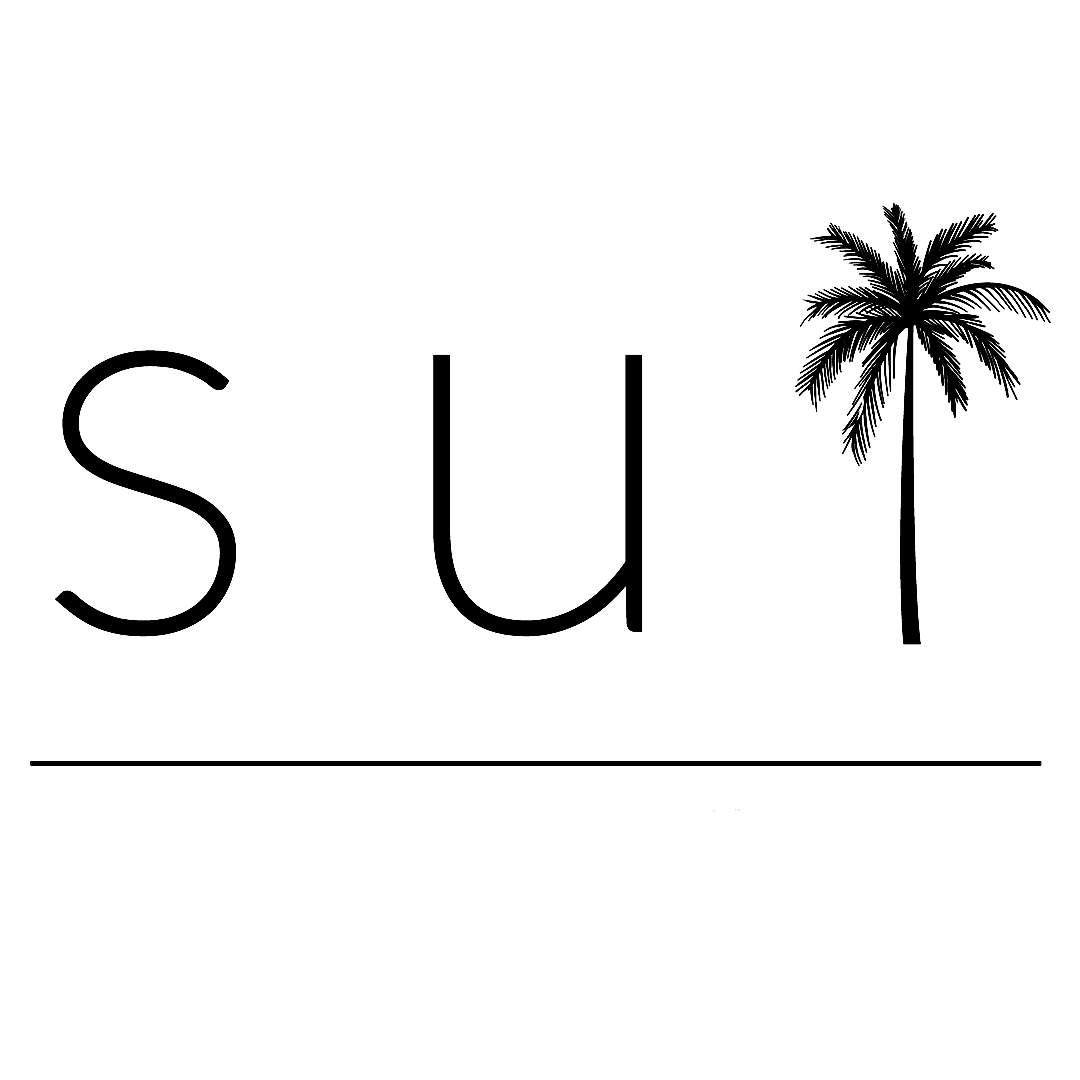"If it can't be reduced, reused, repaired, rebuilt, refurbished, refinished, resold, recycled, or composted, then it should be restricted, redesigned or removed from production."
― Pete Seeger
At Sui, we have always promoted green fashion, leaving minimum impact on the environment and working with partners who believe in the same ethos.
How our outfits are made matters the most to us. From sourcing the right fabrics from the right people to the process used in designing and creating the pieces while also making limited stock to avoid unnecessary production. We are always striving to be thoughtful of the steps we take and ensure green measures are implemented at every stage. We have faith that every great journey begins with a small step, and we have made a promise to you to ethically produce, adopt sustainable fabrics, use recycled products/packaging as much as possible in our slow fashion model.
One of our trusted green partners in our journey is Truetone Ink. We source sustainable fabrics like recycled fabric, and they also herbal dye for us. Truetone reflects our love for the environment and chooses herbal-dyed fabric without compromising on design or quality.

In this series of 'Knowing Your Fabrics', we bring you some interesting facts about our green vendor, herbal dye and recycled fabrics.
How did your journey into sustainable fabrics and the herbal dye process begin?
Truetone Ink: The journey began the moment I became aware of the pollution caused by the processing industry, which is a huge global problem. My core business was to produce recycled textiles so being part of this industry gave me a clear picture of the pollution which was causing harm being done to the environment.
What does sustainable fashion mean to you?
Truetone Ink: Sustainable fashion for me is giving eyes to the fashion industry, which was otherwise blind towards its responsibility towards the environment.
Can you tell us more about recycled fabrics?
Truetone Ink: Our recycled fabric is made with waste organic cotton yarns leftover from various weaving waste.
Cand you tell us more about herbal dyes and the process?
Truetone Ink: Herbal dyes are almost solely plant-based, using components such as flowers, roots, leaves, seeds, peels and so on. We try our best to use only that part of the plant that is considered a waste or is growing wild and organic in nature while having medicinal properties, such as peels from pomegranates, onions, and myrobalan.

Once the correct part of the plant is collected for dyeing purposes, it is dried in the sun for days before it is crushed into a powder form. After the various powders are created, we then bring them into our laboratory and create a proportionate blend of herbs and natural mordants in measured quantities that can derive specific shades - either in liquid or powder forms.
They are now ready to be used to dye textiles. We dye yarns and fabrics as well as carry out screen and block printing processes using these dyes.
What are the benefits of herbal dye?
They are the frontline of achieving sustainability in the fashion industry because they are biodegradable, do not pollute our waters harmfully, and help in utilizing parts of plants that would otherwise go to waste.
Herbal dyes are also beneficial for the skin, for example, turmeric helps in healing and moisturizing the skin and indigo acts as a natural mosquito repellent.
At Truetone, the herbal dye process is also a means to create employment in the rural sector of our society.
How has Sui used recycled fabrics in its collections?
Sui: We have used recycled fabrics in most of our edits and you will find some of our favorite in our Flow and Granita collections.
A few of them from our Basic-ally Sui collections are our Green the Way shirt, The Patched dress, and our Be-leaf jacket.

From this year's winter edit, Flow, are The Byron dress and The Clarke dress.

How do you take care of herbal-dyed fabrics?
Sui: We recommend delicately hand washing each piece separately in cold water and then dry them away from direct sunlight. Do not bleach or scrub them and always iron the fabric at medium temperature, inside out. This will all ensure that the colors last a long while so that the pieces will stay your friend for years and years.
Recycled fabrics and herbal dyes are just a part of the change to create better, more eco-friendly practices within the fashion industry. If we all make the conscious decision to associate ourselves with those working hard towards a cleaner, greener future, these small choices can build to make huge differences.
Let's join hands in building a more holistic industry that considers every step and stage towards the creation of something, for the better of the planet and for us.

